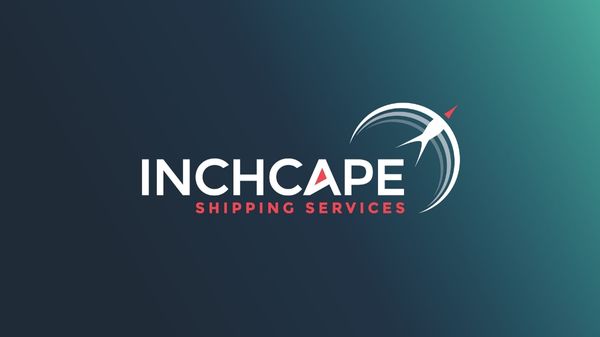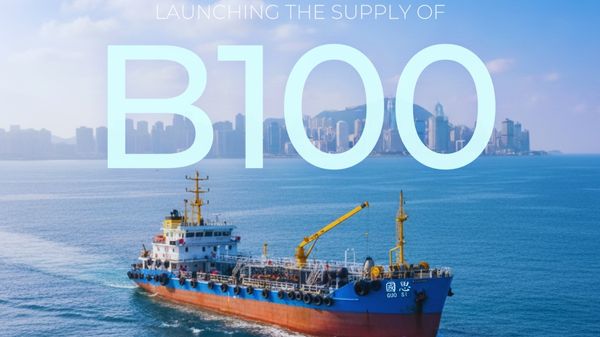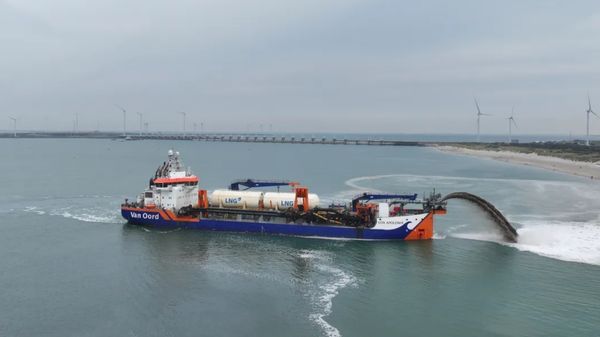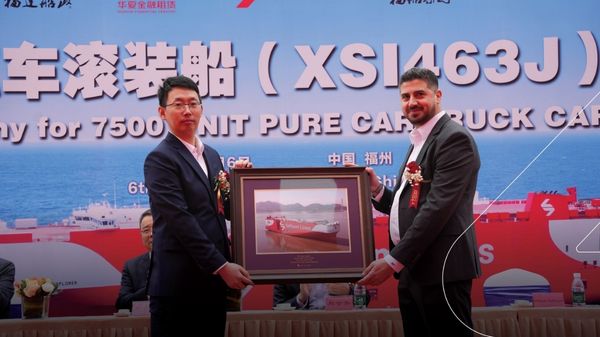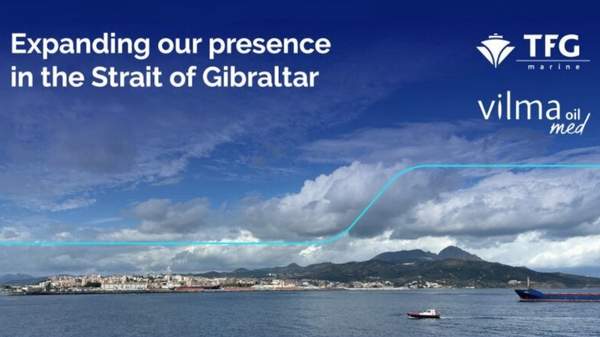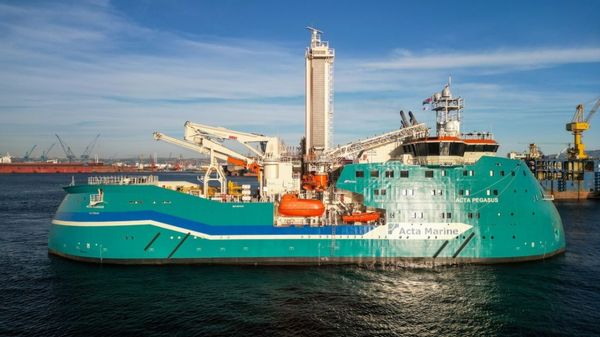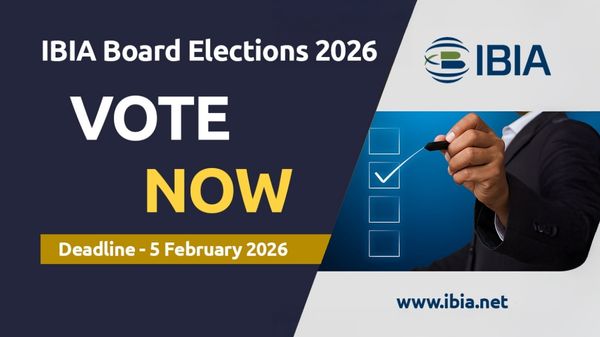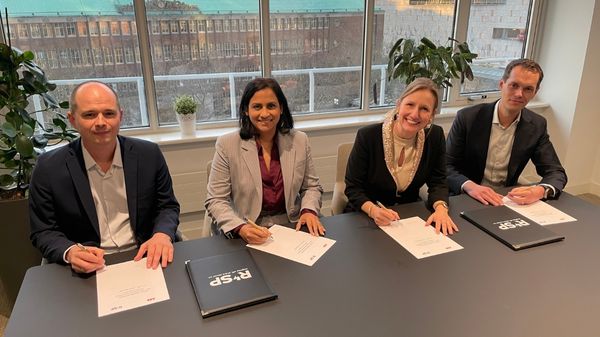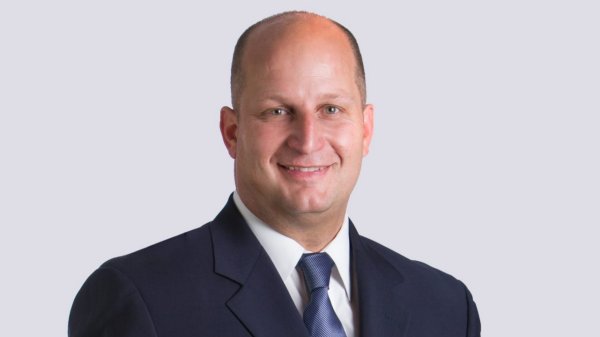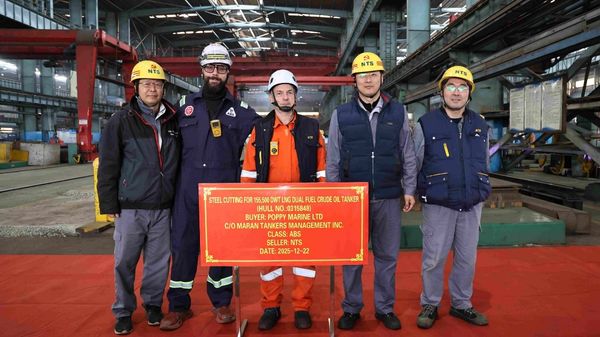Address by Kitack Lim, Secretary-General of the International Maritime Organization (IMO), at the opening of the 69th session of the Marine Environment Protection Committee, 18-22 April 2016.
Good morning, Mr. Chairman, distinguished delegates,
Welcome to the sixty-ninth session of the Marine Environment Protection Committee, and I wish to welcome you all to London.
Before moving on to the business of the day, on behalf of the entire IMO, I wish to convey my condolences and sympathies to the governments of the Republic of Ecuador and Japan for the devastating earthquakes that have hit these countries in the past few days. Our thoughts are with those who have suffered losses, because of these natural disasters.
****
Distinguished delegates,
This is the first of two MEPC meetings to be held this year and also the first time I address the Committee in my capacity as Secretary-General. I therefore wish to share with you some of my thoughts on the challenges facing us in the coming years and, in particular, my vision on how we can meet these challenges and continue to forge a future where shipping meets the needs of the world in a safe, secure and sustainable way, building on the substantial efforts and achievements of the Organization to date.
IMO currently faces an array of issues demanding high-level policy development. These include safety issues such as unsafe and mixed migration by sea; domestic ferry safety; and the smooth implementation of the Mandatory Audit Scheme but we are also facing ever-more complex environmental challenges, such as further work to address greenhouse gas emissions from international shipping in light of the Paris Agreement; the sulphur regulation in 2020 which you are currently reviewing; and the implementation of the Ballast Water Management and Hong Kong Conventions.
My vision is one of strengthened partnerships – between developing and developed countries, between governments and industry, between IMO Member States and regions. I will endeavour to strengthen communication between the maritime industry and the general public and see IMO acting as a bridge between all these stakeholders in what I have referred to as "a voyage together". With the collective wisdom and insight of IMO Member States and other involved parties, I am confident we can meet these challenges. And also, I would like to take this opportunity to extend my wholehearted appreciation to you all, Member States, industry, IGOs and NGOs, media and IMO Secretariat for the dedication and achievements to date for the Organization, which we are all highly proud of.
***
Mr. Chairman, distinguished delegates,
You may recall that the United Nations' Secretary-General visited IMO Headquarters just about two months ago. When he addressed delegates and IMO staff here in this hall, he said among other things, and I quote:
"Every country relies, to some degree, on selling what it produces and acquiring what it lacks. Shipping connects buyers and sellers across the world. It transports the commodities, fuel, food, goods and products on which we all depend. Shipping is indispensable." End quote.
In recognition of the importance of shipping for world trade, the IMO Council has decided that the theme of the World Maritime Day 2016 should be "Shipping: Indispensable to the world". This year, World Maritime Day will be celebrated at IMO Headquarters on Thursday, 29 September, and the annual parallel event will be held in Turkey from 4 to 6 November.
This year's theme was chosen to focus on the critical link between shipping and global society and to raise awareness of the relevance of the role of IMO as the global regulatory body for international shipping.
Almost everyone in the world today relies on shipping to some extent. This is a message that needs, and deserves, a wider audience. We should grasp the opportunity to let those outside the immediate confines of this building know the contribution of shipping to the social, economic and environmental pillars of sustainable development.
***
Mr. Chairman, distinguished delegates and observers,
Having taken over the helm at IMO at the start of the year, I see the promotion of sustainable shipping and sustainable maritime development as one of the major priorities of my tenure. The year 2015 saw two landmark achievements in the wider context of sustainable development: the adoption of the 2030 Agenda for Sustainable Development, and the Paris Agreement under the United Nations Framework Convention on Climate Change.
The 2030 Agenda for Sustainable Development sets out the global framework to eradicate poverty and achieve sustainable development by 2030, incorporating and following on from the Millennium Development Goals, the Rio+20 UN Conference on Sustainable Development, and the Financing for Development Conferences. The Paris Climate Change Agreement identifies a clear goal of "holding the increase in the global average temperature to well below 2°C above pre-industrial levels and to pursue efforts to limit the temperature increase to 1.5°C above pre-industrial levels." It is my firm belief that the maritime sector, and IMO, have a major role to play in pursuing the SDGs and undertaking action to mitigate climate change, as it has already been doing.
Against this background, the initiatives taken by various entities on ocean governance will also have a significant effect on our work, in particular the development of an international legally-binding instrument under UNCLOS on the conservation and sustainable use of marine biological diversity in areas beyond national jurisdiction, emanating from the 2012 Rio+20 declaration entitled "The future we want". The first session of the Preparatory Committee took place at the United Nations Headquarters only recently from 28 March to 8 April 2016.
The Preparatory Committee was established by the UN General Assembly to make substantive recommendations on elements of a draft text of an international legally-binding instrument under UNCLOS, taking into account various reports of the Ad-hoc Open ended Informal Working Group to study the issues relating to the conservation and sustainable use of marine biological diversity beyond areas of national jurisdiction. The Secretariat, in particular the Marine Environment Division, is following this process and will keep you updated of any developments.
***
Mr. Chairman, distinguished delegates,
Turning to the work of the Committee, this session promises to be very busy – with some 129 documents submitted under the 21 items on the agenda. In this regard I would encourage all of you to think carefully about how the Committee could make the best use of the new PPR Sub-Committee, in particular with regard to issues that require detailed technical work and are therefore better suited to be addressed at sub-committee level.
Turning now to the specific tasks before your Committee at this session, I will start with the status of implementation of the Ballast Water Management Convention. Since the last session of the Committee, the Convention gained five additional ratifications. To date, 49 States with an aggregate of 34.79% of the world’s merchant fleet tonnage have acceded to the Convention. The entry into force condition of 35% is now tantalizingly close, and, with further ratifications in the pipeline, there is every expectation that it will be reached during the current year. This would mean that the Convention will come into force during 2017 and I firmly believe that this will enable us to seriously address the current uncertainties surrounding the implementation of measures for ballast water management.
While there has been disappointment with the slow pace of ratifications, the tremendous efforts made towards supporting the implementation of the Convention over the last 12 years are noteworthy. Just to mention a few: the development of a great number of associated guidelines and guidance; the type approval of, to date, 65 ballast water management systems with more in the pipe line; the adoption of a pragmatic implementation schedule of the Convention by the Assembly; and the successful implementation of the GloBallast and GloBallast Partnership projects.
But the work is not yet complete, and your Committee has before it further important tasks related to the implementation of the Convention. Among them are the continued review of the Guidelines for approval of ballast water management systems (G8), taking into account the outcome of the Study on the implementation of the ballast water performance standard described in regulation D-2 of the BWM Convention; amendments to regulation B-3 of the BWM Convention to formalize the pragmatic implementation schedule of the Convention; and the continuation of your discussions on exceptions and exemptions under the Convention, in particular with regard to the proposed concept of "same risk area" under regulation A-4.
It is recognized that installing and operating a ballast water management system comes at a price and shipowners are understandably concerned about incurring such costs, especially in the current difficult economic climate. Also, new technologies need time to mature, which has caused many owners to stand back and wait. However, these concerns should not stop us from implementing the Convention and I would strongly encourage Member Governments to cooperate and establish meaningful measures which would ease the burden for the shipping industry. However, there can be no doubt that we must move to entry into force and implementation of the BWM Convention.
I am confident that the Committee will do its utmost to make further progress and overcome the last obstacles towards the full implementation of the Convention and I trust that throughout this week’s discussions the Committee will stay firmly focused on the ultimate objective of the Convention – to prevent the global spread of invasive aquatic species through ships’ ballast water and sediments.
***
Mr. Chairman, distinguished delegates,
The Paris Agreement on Climate Change, described by UN Secretary-General Ban Ki-moon as a victory for the world's people and a triumph for multilateralism, once again highlighted that there is a clear imperative for developments to be truly sustainable. The absence of any specific mentioning of shipping in the final text of the Agreement will in no way diminish the strong commitment of the Organization, as the global regulator of the shipping industry, to continue its work to address GHG emissions from ships engaged in international trade. IMO has a major role to play in ensuring that the Paris Agreement is translated into tangible and lasting improvements in people's lives.
It is my strong belief that, in responding to the challenge set by the Paris Agreement, IMO's main objectives will remain unchanged. They are:
- to clearly demonstrate that IMO is the appropriate international body to continue work to address greenhouse gas emissions from ships engaged in international trade;
- to safeguard that international shipping regulations are applied to all ships according to the non-discriminatory principle on which the IMO regulatory framework is based; and
- to ensure that the interests of developing countries are fully taken into account, through the promotion of technical cooperation and transfer of technology relating to the improvement of energy efficiency of ships, utilizing IMO's Technical Cooperation Programme and the two new projects jointly developed with UNDP-GEF and the EC respectively.
At this session, the Committee will continue to build on the solid contribution the Organization has made to reduce greenhouse gas emissions. To date, IMO is the only Organization to have adopted energy-efficiency measures that are legally binding across an entire global industry. Mandatory energy efficiency standards for new ships, and mandatory operational measures to reduce emissions from existing ships, entered into force in 2013, as amendments to MARPOL Annex VI. Thanks to those new measures, by 2025 all new ships built will be 30% more energy efficient than those built in 2013. This is more than just a target, it is a legal requirement, and it demonstrates that IMO is the only international forum to identify solutions and appropriate pathways for global shipping to de-carbonize with the rest of the world.
The mandatory energy efficiency requirements for international shipping have now been in force for over three years. I would like to stress that this is a significant success story for the Organization and it is a credit to Administrations, classification societies, shipbuilders and shipowners that to date nearly one thousand two hundred (1200) ships have been certified as complying with the new standards. Data to be presented to your Committee at this session clearly identify the improvements made, significant in many cases, in the energy efficiency of new ships being designed and delivered today.
Also at this session, your Committee will consider the report of the Intersessional Meeting of the Working Group on Further technical and operational measures for energy efficiency, which proposes full language for a fuel consumption data collection system and makes recommendations for operational considerations. It would be my observation that the data collection system needs to be robust and comprehensive if it is going to serve its purposes. I would also urge that effort is made to complete the work at this session which will demonstrate IMO's progress and strong commitment to respond to the challenges set by the Paris Agreement.
I also noted with appreciation various proposals on how the Organization could best support the ambitious and important goals set out in the Paris Agreement and I look forward to your discussion of these proposals. This against a backdrop of the high-level signing ceremony, convened by UN Secretary-General Ban Ki-moon, at the UN Headquarters this Friday, 22 April which will be the first step in implementing the Paris Agreement.
I hope and expect that the momentum the Paris Agreement has generated will help us to progress our work on addressing GHG emissions from international shipping.
***
This week, you will also consider a proposal to designate the Tubbataha Reefs Natural Park as a Particularly Sensitive Sea Area. This ecologically important sea area, located in the Sulu Sea between the islands of the Philippines and North Borneo, has already been inscribed on the World Heritage list and requires additional protection against the risks posed by international shipping. The proposal has been developed with the assistance provided under an IMO-NORAD Technical Cooperation Project.
***
Many other important items feature on your extensive agenda this week. I would highlight, in particular:
1. the development of draft guidance for assuring the quality of fuel oil delivered for use on board ships;
2. the establishment of a date for the Baltic Sea Special Area under MARPOL Annex IV to become effective;
3. the adoption of amendments to the NOx Technical Code 2008 related to the testing of gas-fuelled and dual fuel engines for the NOx Tier III strategy;
4. consideration of the full report of the Ad-hoc Expert Group on Facilitation of Transfer of Technology for ships;
5. the approval of the updated version of the draft Manual on "Port reception facilities - How to do it"; and
6. the analysis of recommendations to reduce administrative burdens in IMO instruments.
***
Distinguished delegates,
Once again, the Committee faces a heavy and complex workload during its five meeting days, bearing in mind that you are also expected to consider quite a number of documents that had been deferred to this session by MEPC 68, due to time constraints. I encourage you to work together and to support your able and experienced Chairman, Mr. Arsenio Dominguez of Panama, in finding the right balance so that you may reach the best and most widely acceptable conclusions. For our part, the Secretariat will play its role in supporting both the Chairman and the meeting to the best of our abilities.
***
Before I conclude, I am very pleased to announce that His Excellency Joko Widodo, President of the Republic of Indonesia, will make a general statement to the MEPC tomorrow afternoon. The President is in the United Kingdom for an Official Visit and using that opportunity, I invited the President to visit IMO Headquarters to brief the MEPC about Indonesia's priorities at IMO, as well as its maritime policies. I am truly delighted that the President kindly accepted my invitation, and will be with us tomorrow afternoon. With your indulgence, you will be provided with the relevant logistical arrangements at a later stage.
Finally, even though we have these highly important tasks before us, all of you are kindly invited to enjoy a welcome cocktail reception which I will be hosting this evening, in the Delegates' lounge.
With this, I wish you every success in your deliberations.
Good luck and thank you.

